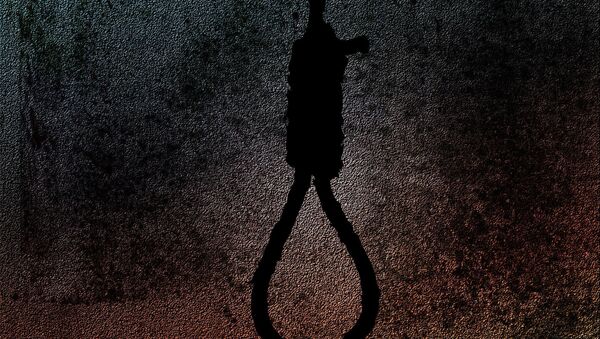An investigation by Amnesty International (AI) found that Singapore hands down mandatory death sentences to those convicted of trafficking or possessing even small amounts of controlled substances.
"Singapore likes to paint itself as a prosperous and progressive role model, but its use of the death penalty shows flagrant disregard for human life," said Chiara Sangiorgio, Amnesty International's death penalty adviser. "The country relies on harsh laws that overwhelmingly target drug offenders on the lower rungs of the ladder, many of whom will come from disadvantaged backgrounds. Singapore is influential beyond its size in both Asia and the rest of the world. The government should move forward from these reforms towards ending capital punishment once and for all."
In 2013, Singapore passed a death penalty reform that was supposed to allow drug carriers to avoid the gallows by cooperating with the state prosecutor. However, the decision as to who has "cooperated sufficiently" is up to the prosecutor, and the process lacks transparency.
The number of drug offenders on death row has dropped considerably since the 2013 reforms, AI reports. "The use of mandatory death sentences in Singapore must end immediately. Although there has been a reduction in such sentences in the last few years, the fact that they are still used at all is cause for deep concern," said Sangiorgio.
Singaporean authorities justify their use of the death penalty for its value as a deterrent. "In our view, capital punishment for drug-related offences and for murder has been a key element in keeping Singapore drug-free and keeping Singapore safe."
Sangiorgio isn't perturbed by their defense: "Singapore is deluding itself if it thinks the death penalty is an effective tool to reduce crime rates. This is the ultimate cruel, inhuman and degrading punishment; it does not make us safer — a fact the vast majority of the world's countries have acknowledged."
"Singapore should immediately put a freeze on the implementation of the death penalty with a view to its eventual repeal. In the short term, the country must reform its legal framework to bring it in line with international law, and ensure that death row convicts are afforded all legal protections guaranteed under international law and standards."
In the 1990s, more than 350 people were executed in Singapore — most of them on drug charges. Statistics were limited in the 2000s, but since the 2013 reform, 11 Singaporeans have been executed and 17 more were sentenced to death.
Singapore is one of a handful of countries to still use capital punishment, which is in violation of the Universal Declaration of Human Rights — to which Singapore is not signatory and which is not part of binding international law. The most executions take place in Pakistan, which has executed around 120 people a year since 2014; other countries that still execute convicts include China, Iraq, Iran, Saudi Arabia, India, Malaysia, North Korea, Japan and the US.




